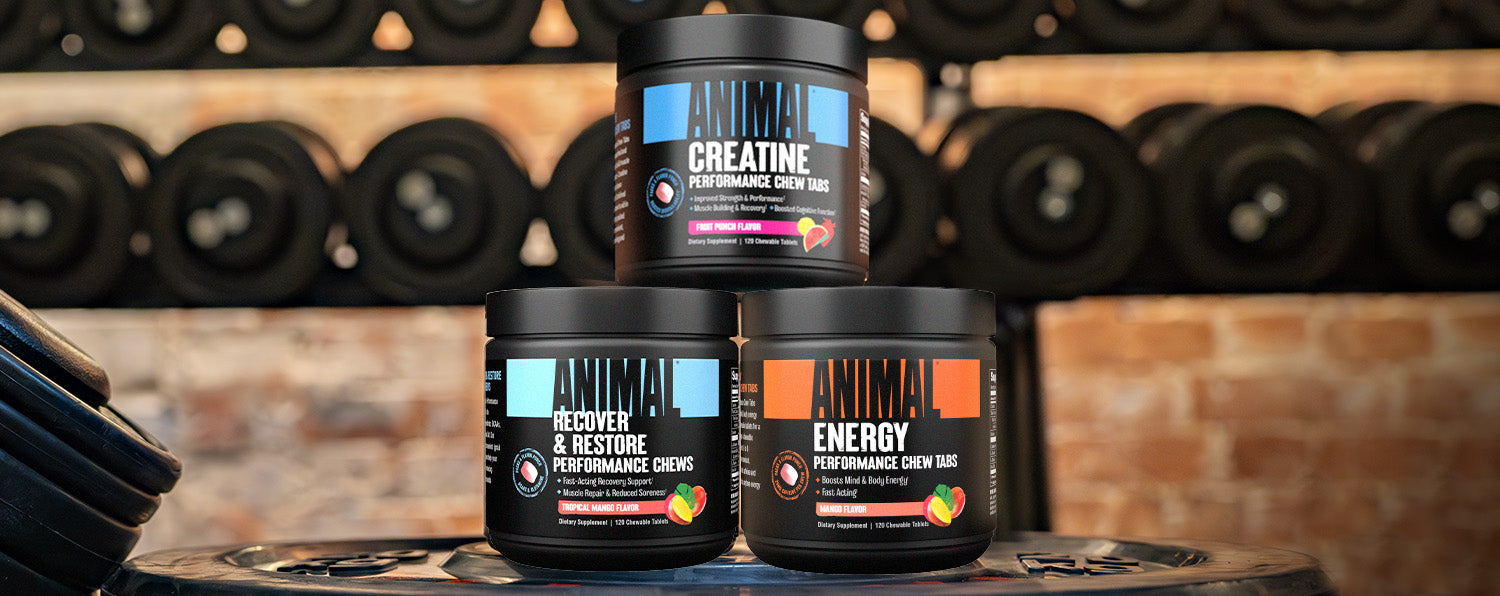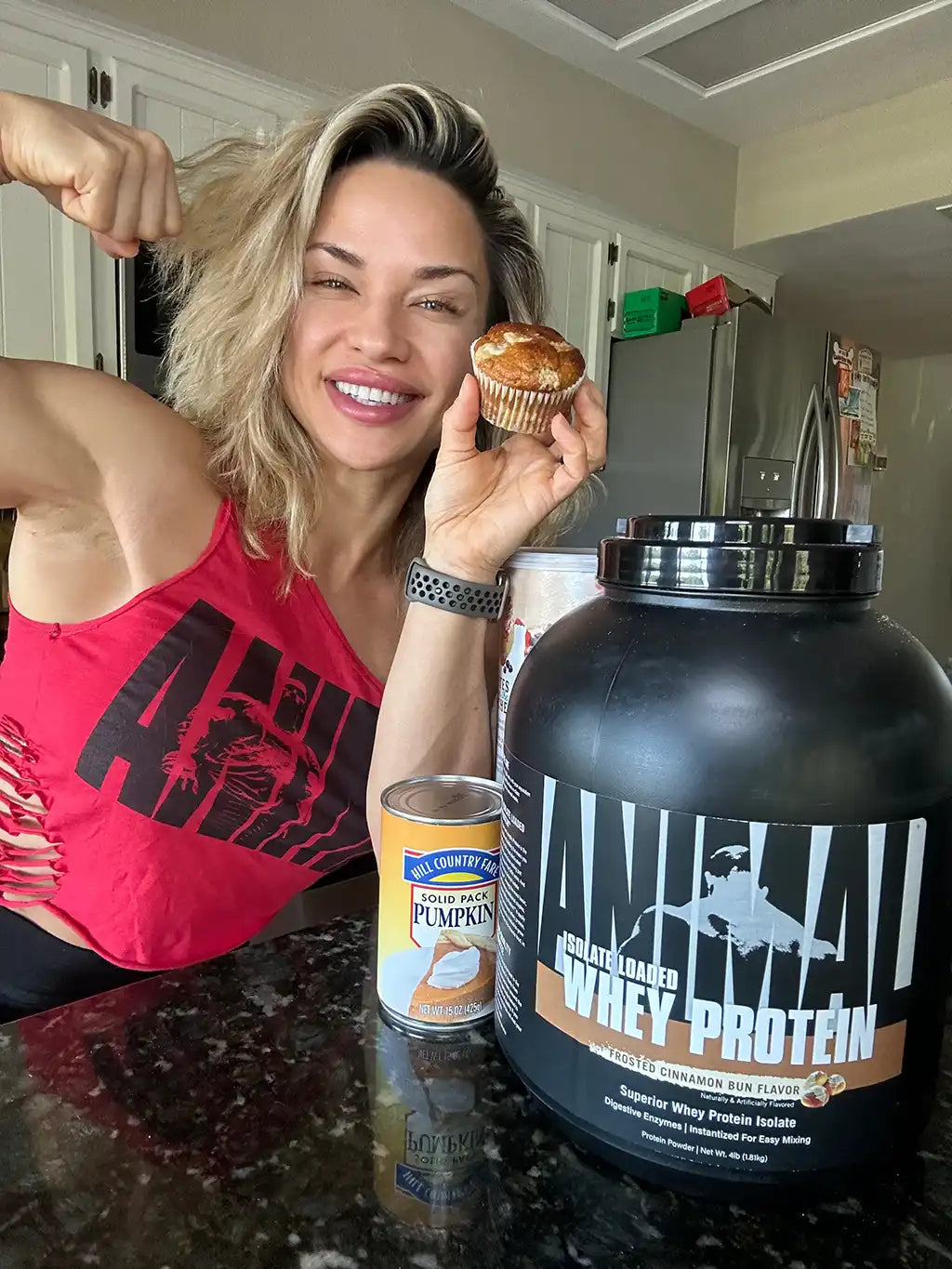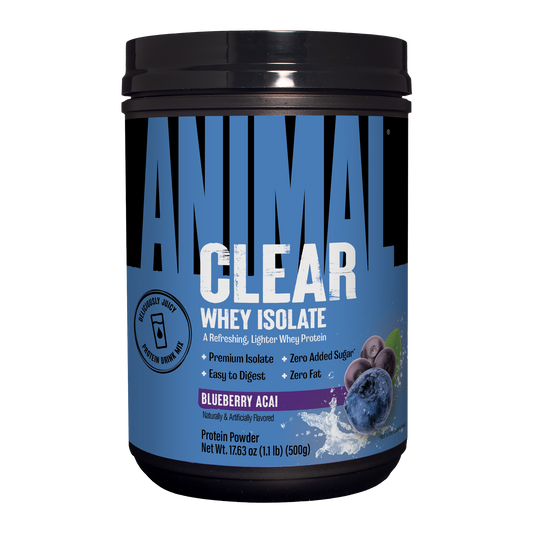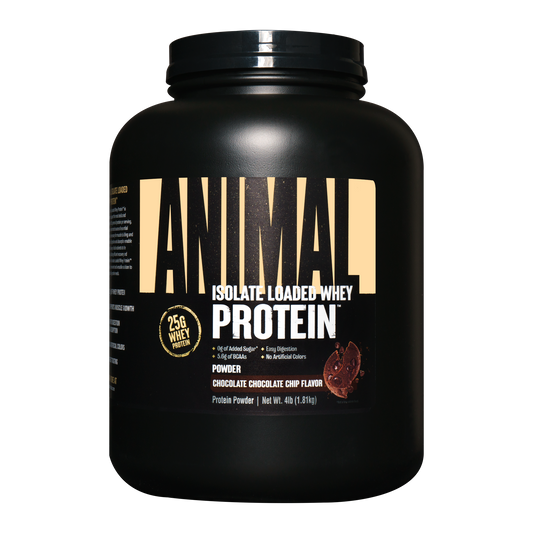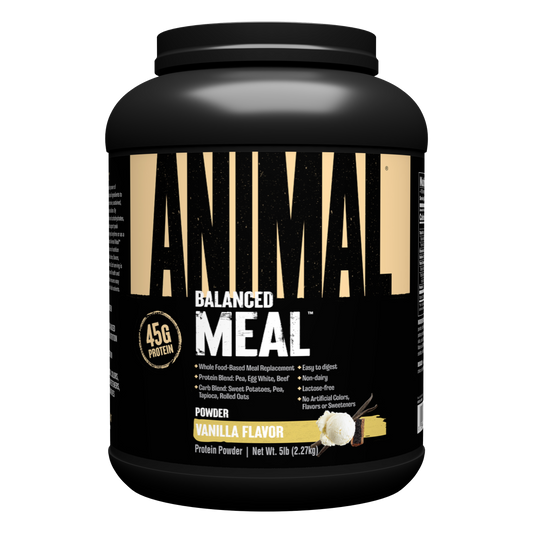Let’s consider the role of carbohydrates in human nutrition. There is no such thing as an “essential” carbohydrate. Yes, there are essential amino acids (EAA) and essential fatty acids (EFA), but an essential sugar or saccharide does not exist. What this means is that the body does not actually need carbohydrates to survive. Of course, as elite athletes, we’re talking about a whole lot more than just “surviving.” I believe that carbohydrates are an invaluable nutrient for athletes. For the sake of this discussion, when I use the term “athlete” I am referring to bodybuilders, powerlifters, and weightlifters in general.
In most cases, carbohydrates shouldn’t necessarily comprise a greater percentage of our diets more than any other macro. Of course, if you’re a long-distance runner, swimmer or any other kind of endurance athlete, then you’re going to need more carbs. The endurance athlete depends on glycogen stores so that the body may tap into them as readily available energy. We, as weightlifters though, are not endurance athletes. Most of us train for 60-90 minutes with breaks between each set. This is hardly a reason to carb load on a daily basis.
Many will often cite the example of the “hard gainer” as someone who will benefit from increased carb intake. While I agree that a true hard gainer can benefit from more carbs, the reality is that this individual will benefit from increased amounts of ALL three macronutrients and overall calorie intake, period. Maintaining a balanced carbohydrate intake with possibly some of them being concentrated around training is more than adequate for the vast majority of us. Deriving the same number of calories from each macronutrient is a fine place to begin a balanced approach. Remember, if you feel you need more or less carbs, you can always adjust them from there.
Adequate carbs—not in significant excess to protein or fat—are essential for weightlifters. Carbs can be used for immediate energy or stored for later use as glycogen. Without sufficient carbohydrate intake, thyroid function can suffer, which can then lead to decreases in the overall metabolic rate. Carbs also allow the weightlifter to maintain a “full” appearance as glycogen stores are kept replenished. In many instances, the athlete with adequate carb intake will also note that he has plenty of energy as well as peak strength and power output.
Now that we’ve established the importance of carbohydrate intake, let’s discuss carbohydrate sources. In my opinion, the viability of a carbohydrate source depends ENTIRELY on its digestibility. There are two things to consider when selecting carbohydrates sources: the rate of digestion (will the carbohydrate digest rapidly or have a sustained release?) and the potential for gastrointestinal distress (will it digest without any issues?).
When it comes to the rate of digestion, there are times when we might desire faster or slower digesting sources. For example, after a workout, we may look for a carbohydrate that digests quickly so that we can immediately begin the process of refueling ourselves and replacing lost glycogen. Starch, which can be found in any number of foods such as sweet potato, is a great option as is powdered dextrose (should you decide to drink your carbs).
Starch is simply a long chain (polysaccharide) of glucose molecules while dextrose is glucose (monosaccharide). This is preferable as glucose is more likely to either be used for immediate energy or stored as glycogen compared to fructose or lactose. The fact that dextrose is a monosaccharide, also known as a “sugar,” should not alarm you. Dextrose is not the same thing as ordinary “table sugar” which is comprised of a large percentage of fructose. Fructose is bad. Fructose is poor at replenishing glycogen and is much more likely to be stored as body fat if not utilized on demand. The same cannot be said for dextrose, however. For those of us who know, not all carbohydrates (or sugars) are created equal.
Other times may call for a carb that will digest steadily. For example, if we are eating a meal one hour prior to training, then we wouldn't want to rely on carbs that might cause a sudden spike in blood sugar. Doing so could result in our body acting so swiftly to reduce that blood sugar that we’re left with low blood sugar. If you’ve ever experienced a sudden drop in blood sugar during training, then you know why we try to avoid this. In this scenario, we'd either look to slow-acting carb sources or we'd combine both fast and slow carbs together to keep blood sugar steady.
Carbohydrate sources such as oats and sweet potatoes are ideal in this scenario because they are known to have a more sustained rate of digestion. Additionally, any time you consume carbohydrates along with protein and fats, you drastically reduce the likelihood of a spike in blood sugar. At mealtime, carbohydrates are rarely, if ever, consumed by themselves, nor should they be. For this reason, consuming a greater amount of rapidly digesting carbs with a meal containing protein and fats digests more easily than too many complex carbs without running a huge risk of impaired blood sugar.
On paper, one type of carb may look great, but in the real word, eating it may make us feel like crap. Whether it’s lethargy, gas, bloating, or any other negative effect, if we don’t feel well when we consume it, it doesn’t do us any damn good as athletes. I’ll be the first to acknowledge that anything might work for a particular individual. If you look and feel incredible eating a dozen doughnuts each day, then I wouldn’t tell you to stop doing it. However, there are some carbs that commonly do not sit well for a great number of people.
As much as I hate to sound like I’m parroting any kind of trend, gluten can irritate some people if they consume too much. I have tried consuming glutinous carbohydrates in significant amounts and have found it be a one-way ticket to looking and feeling like crap. Now I limit myself to a bagel with my breakfast or some pasta here and there. While gluten-free carbs like rice, potato, and oats (oats can sometimes contain traces of gluten as a result of co-contamination) can be consumed by most weightlifters practically all day long with no negative effect, the same can rarely be said for gluten-containing carb sources like bread and pasta. Isolated starches from sources such as peas can also be gluten-free and digest extremely well.
When it comes to fast-acting carbs like dextrose, maltodextrin, or sucrose, there is some variation in how they each affect the digestive system. Although I wouldn’t advocate consuming any of these carbs in large quantities, I’ve personally found that dextrose is typically the best tolerated by individuals. This is probably the main reason why it has been and remains the go-to fast carb of choice for many experienced and educated lifters—including me.
As with life in general, dietary carbohydrate consumption should be about maintaining balance. You don’t need to go overboard with this macronutrient to benefit from its effects, but it is entirely indispensable to the serious weightlifter and should not be severely restricted. Ultimately, both the rate and ease of digestion are the two main determining factors that should be used when deciding which carbohydrates to consume, how much of them to consume, and when to consume them. At the end of the day, there is only what works and what doesn’t. If the food you consume allows you to look, feel, and perform your best, then carry on. If there is room for improvement, consider making a positive change.










